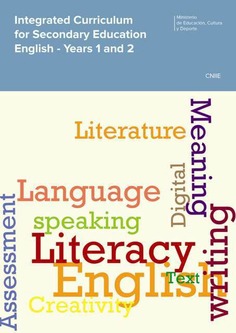Integrated Curriculum for Secondary Education English - Years 1 and 2
Rachel Kelly , Susana Gómez-Randulfe , Denise Heather , Mª Leonor Trenchard , Mercedes Bravo , Miriam Martínez Taboada , Claire Manners , Deborah Richards , Raquel Rodríguez , Mar Román , Teresa Reilly , Mª Pilar Medrano
The MEC/BC bilingual project, initiated in 1996 in primary as a unique experiment within the Spanish state education system, and in September 2004 the classes that had started their bilingual education 8 years earlier took the project forward into Secondary schools.The formal agreement between the MEC/BC states that the aim of the project is to provide students from the age of three to sixteen with a bilingual, bicultural education through an integrated Spanish/English curriculum based on the Spanish National Curriculum and aspects of the National Curriculum for England and Wales. The implantation of such a curriculum requires, firstly, with regard to English as a subject, a very different classroom approach from the traditional EFL classroom where the focus is on learning English as a foreign language; secondly, a similar new methodology for teaching and learning other curricular areas through English. Such an integrated approach sits very positively within the Directives of the Council of Europe which insists on the need for students to be competent in three European languages by the end of the obligatory period of Secondary Education and that the learning of the first foreign language should begin in the early years of formal education. In addition to this, the secondary integrated curricula have consistently focused on the continuing development of students¿ skills and learning strategies, thus firmly establishing learning as a lifelong process. The specific objectives of the Project in the Secondary education level are to: continue the acquisition and learning of both languages through an integrated content-based curriculum, encourage awareness and understanding of the diversity of both cultures, facilitate the exchange of teachers and students, encourage the use of modern technologies in learning other languages, promote the certification of studies under both educational systems, if and when appropriate.
- Materia
- Educación Secundaria Obligatoria
- Idioma
- English
- Editorial
- Centro Nacional de Innovación e Investigación Educativa (CNIIE)
- EAN
- 9788436954234
- ISBN
- 978-84-369-5423-4
- Edición
- 1
- Fecha publicación
- 01-01-2012
Libros relacionados
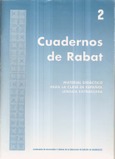
Cuadernos de Rabat nº 2. Material didáctico para la clase de español lengua extranjera
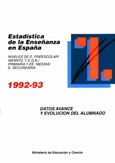
Estadística de la enseñanza en España 1992-93. Datos avance y evolución del alumnado
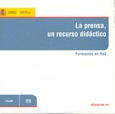
La prensa, un recurso didáctico. Formación en red
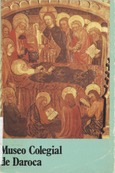
Museo Colegial de Daroca
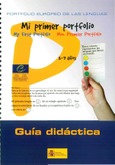
Portfolio europeo de las lenguas. Mi primer portfolio (3-7 años). Guía didáctica

Museo de Cuenca. Secciones de Arqueología y Bellas Artes

Bilinweb: Matemáticas, Física y Química

La aventura de aprender. Cómo hacer una moneda social
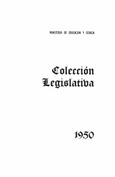
Colección legislativa año 1950
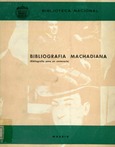
Bibliografía Machadiana (Bibliografía para un centenario)

